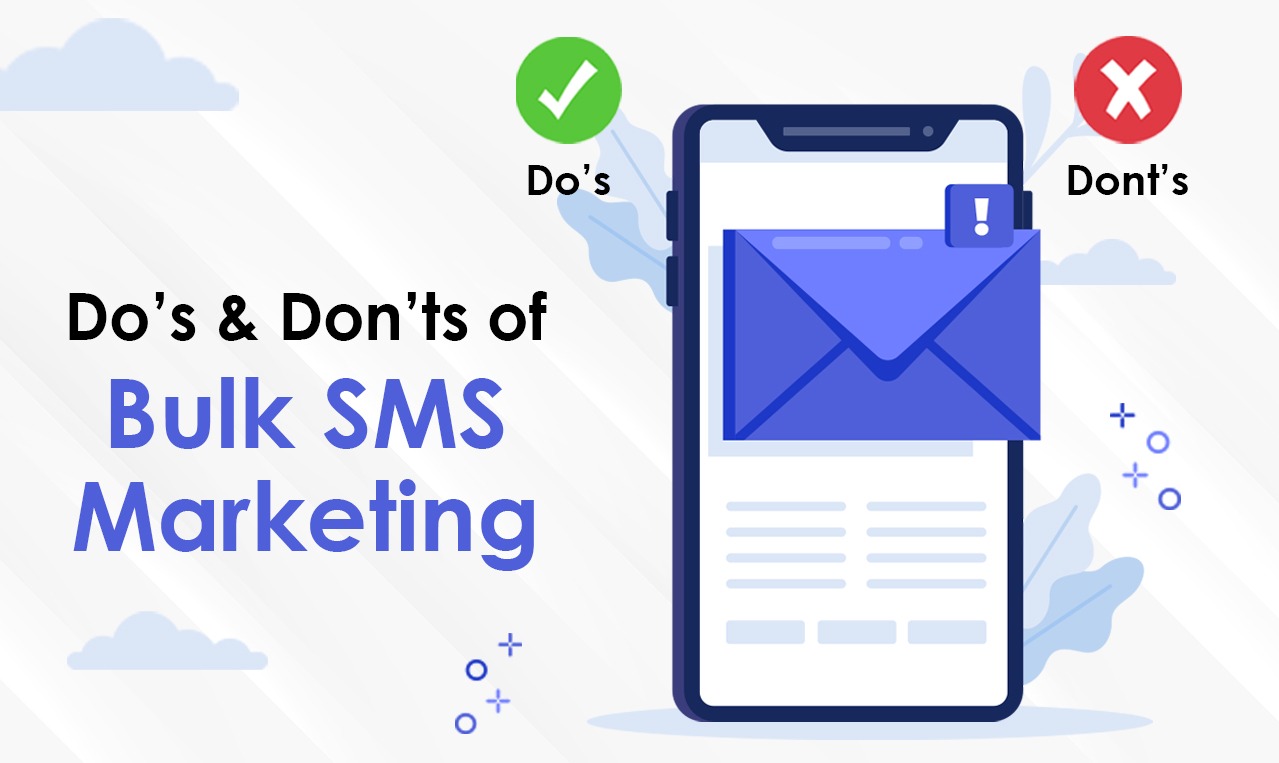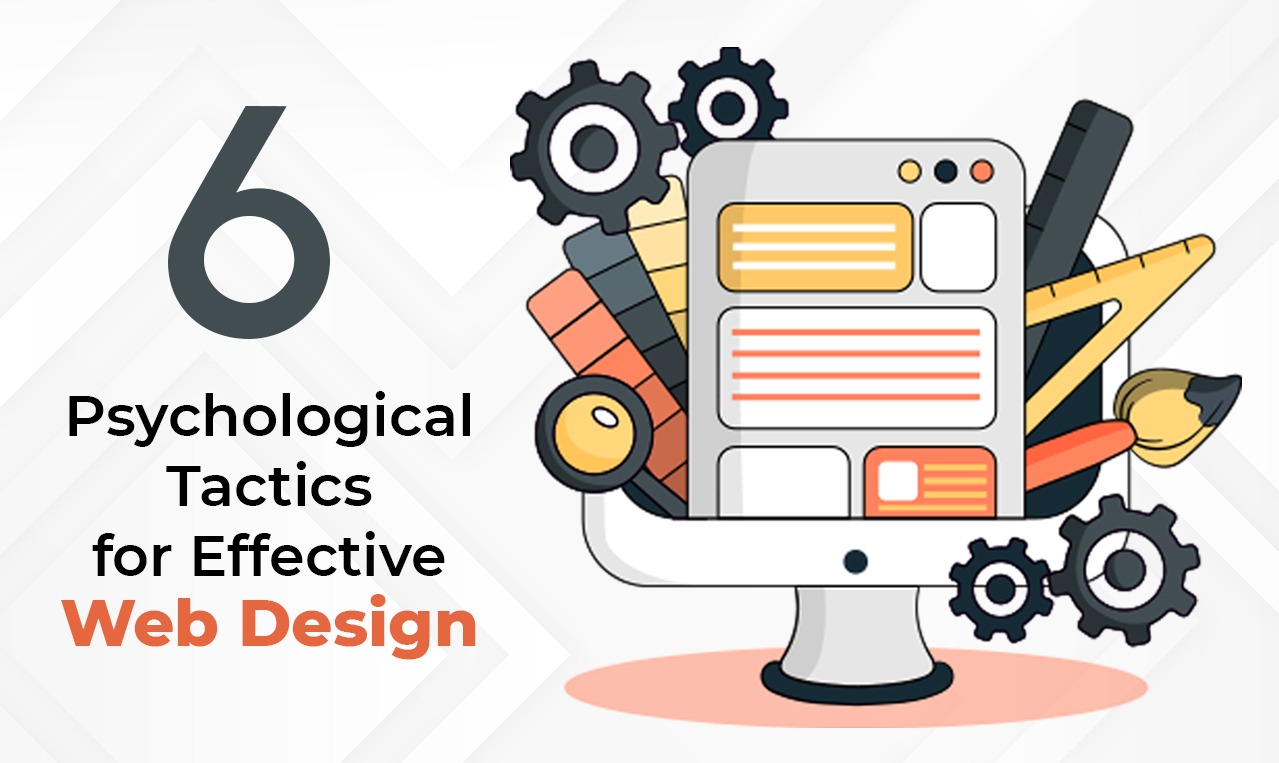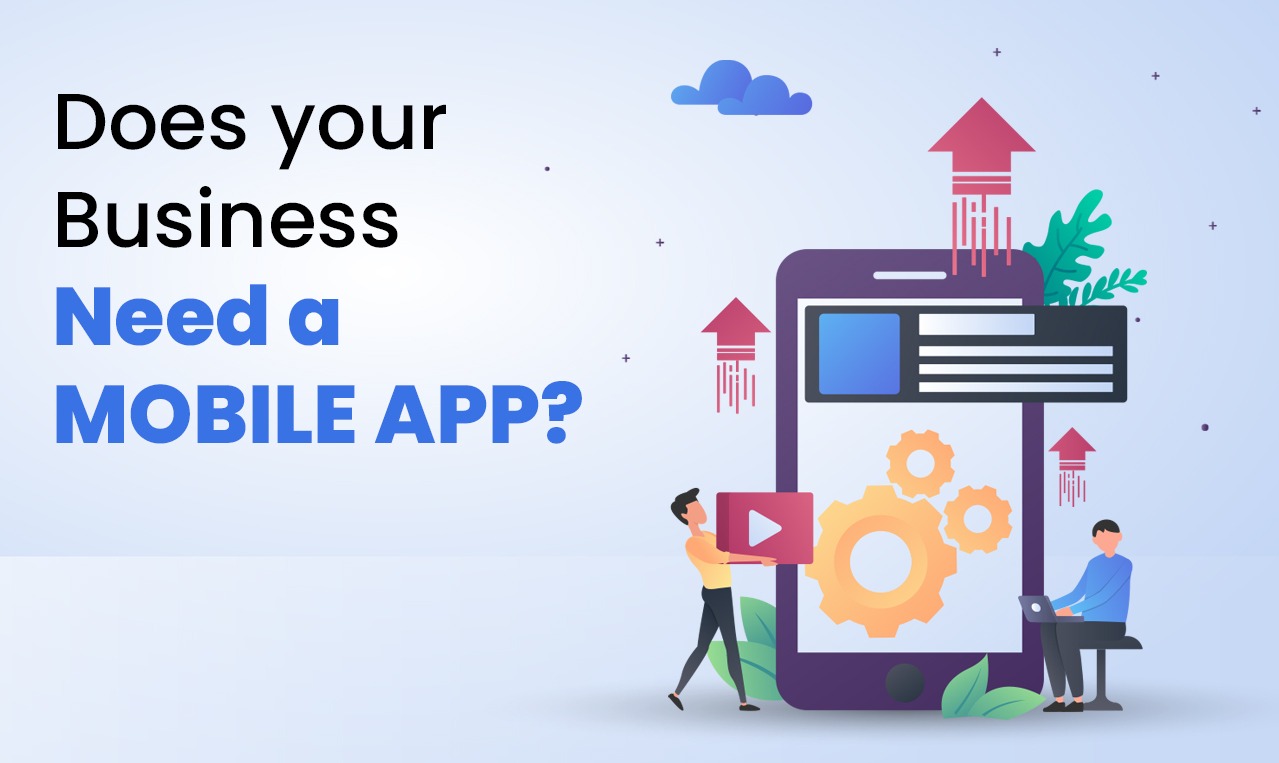A successful mobile app is a long-term commitment. Be prepared to invest time and resources in updates, bug fixes, and new features to keep your app relevant and engaging for your users.
Mobile phones and mobile apps have become integral parts of our lives. Statistics reveal that the average smartphone user spends between 4 to 5 hours daily on mobile apps. As of 2023, the world saw an astonishing 8.93 million apps, with Google Play Store and the Apple App Store hosting 3.553 million and 1.642 million apps, respectively.
Mobile phones and mobile apps have become integral parts of our lives. Statistics reveal that the average smartphone user spends between 4 to 5 hours daily on mobile apps. As of 2023, the world saw an astonishing 8.93 million apps, with Google Play Store and the Apple App Store hosting 3.553 million and 1.642 million apps, respectively.
Does your business have its own app? Are you uncertain about the need for one? Read through this blog fully to make an informed decision.
Benefits of mobile app for business
Different types of mobile apps for business
Examples:
Trello: A project management tool that helps teams organize their projects into boards, lists, and cards.
Todoist: A versatile to-do list application that allows users to create, manage, and prioritize their tasks. It's known for its simplicity and powerful organization features.
Example:
Starbucks: Offers rewards for purchases which can be redeemed for free drinks or food items.
Example:
Amazon: Offers a wide range of products with features like 1-Click ordering, wish lists, and Prime membership benefits.
Examples:
Slack: A messaging app for teams that includes channels for team discussions, direct messages, and the ability to share files and documents.
Microsoft Teams: Offers chat, meetings, calling, and collaboration features integrated with Microsoft 365.
Examples:
Duolingo: A language-learning app offering lessons in various languages through games and exercises.
Udemy: Offers thousands of courses on various topics, including business, technology, and personal development.
Examples:
Spotify: A music streaming app offering access to millions of songs and podcasts.
Netflix: A video streaming service offering a wide variety of TV shows, movies, and documentaries.
Importance of mobile apps in 2024:
In today's fast-paced world, convenience and comfort have become paramount in shaping consumer preferences, and this extends to their digital engagements. The majority of consumers now favour mobile apps over websites for making orders or engaging with content. Studies have demonstrated a significant disparity in conversion rates, with apps achieving conversion rates three times higher than those on mobile websites. This trend spans across various industries, with entertainment apps seeing a 233% higher conversion rate than their mobile web counterparts, travel apps converting at rates 220% higher, and retail apps at 94% higher. Such statistics underscore the critical role of mobile apps in driving consumer engagement and sales in 2024.
5 tips for business before developing an app:
Define the Purpose of Your App
Clearly understand and define what your app aims to achieve. This could be solving a specific problem, providing a unique service, or enhancing user engagement with your brand. The purpose should align with your business goals and address a need in the market.
Identify Your Target Audience
Know who your app is for. Understanding your target audience's demographics, preferences, and behaviours will guide the design, functionality, and marketing strategy of your app. Tailoring the app to meet your audience's needs can significantly impact its success.
Conduct Thorough Market Research
Before diving into app development, research the market to validate your app idea. Look into existing apps that offer similar features, identify what they're doing well and where they're lacking. This can help you find a unique angle for your app. Market research also provides insights into potential user expectations and preferences.
Decide on the Type of App
Choose whether you'll develop a native, hybrid, or web app based on your budget, timeline, and the specific needs of your target audience. Native apps offer the best performance and user experience but are more expensive and time-consuming to develop. Hybrid and web apps can be more cost-effective and quicker to launch but may not offer the same level of functionality or user experience.
Plan Your Implementation Strategy
Consider how you will bring your app from concept to launch. This includes selecting the right development team, whether in-house or outsourced, deciding on a project management methodology, and planning the development phases, including prototype design, user testing, and iteration based on feedback. Also, think about your launch strategy and how you will market the app to your target audience.
Conclusion
The key to a successful mobile app lies not only in its development but also in the final output, where UI and UX play pivotal roles. As we move into 2024, the importance of mobile apps is undeniable—they are now essential for enhancing credibility and engagement in the digital space. If your business is contemplating the development of a mobile app, consider partnering with a seasoned expert. At Anand Techverce, a mobile app development company in Chennai, we bring over 9 years of experience in mobile app development across various sectors, including networking, e-commerce, and social platforms. For top-tier Android and iOS app development services, reach out to Anand Techverce and take the first step towards creating a mobile app that truly stands out.

24 Apr 2024
In the age of digital communication, Short Message Service SMS has evolved from a simple method of sending quick messages to a powerful marketing tool......

05 Apr 2024
As the leading web designing company in Chennai with a track record of creating websites that not only attract but convert, were excited to share with you six proven psychological tactics that we cons.....

15 Mar 2024
A successful mobile app is a long-term commitment. Be prepared to invest time and resources in updates, bug fixes, and new features to keep your app relevant and engaging for your users......